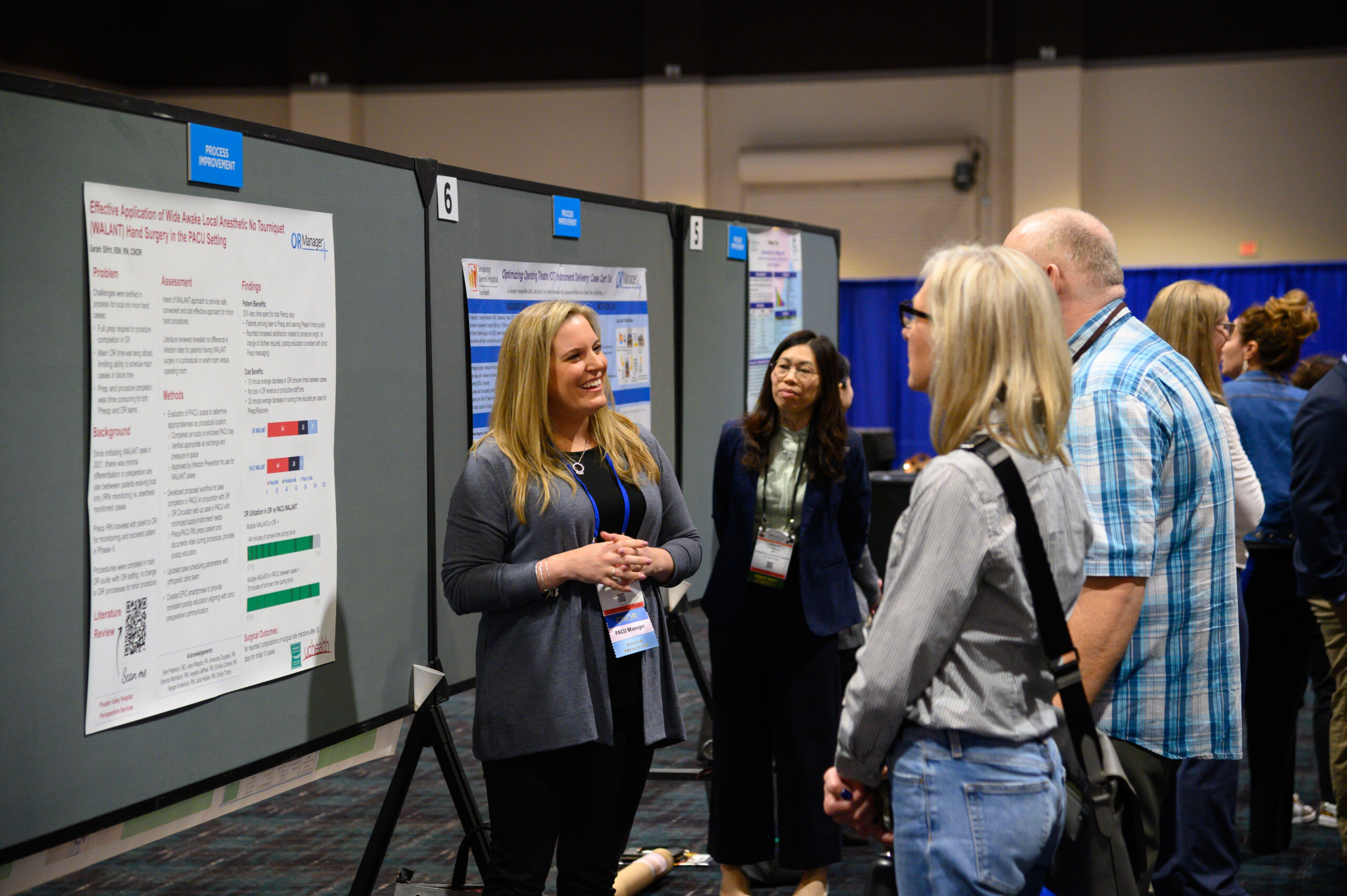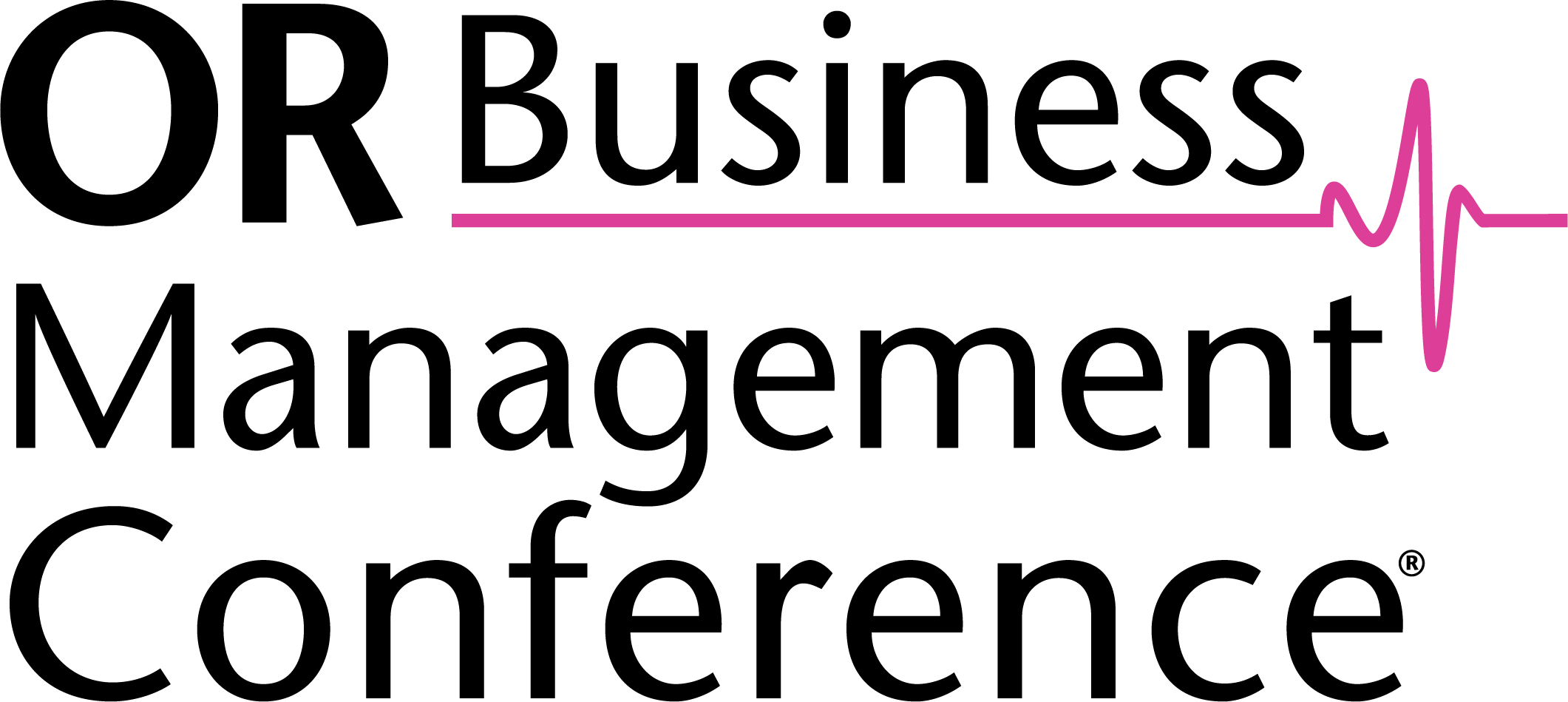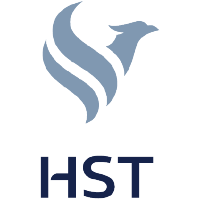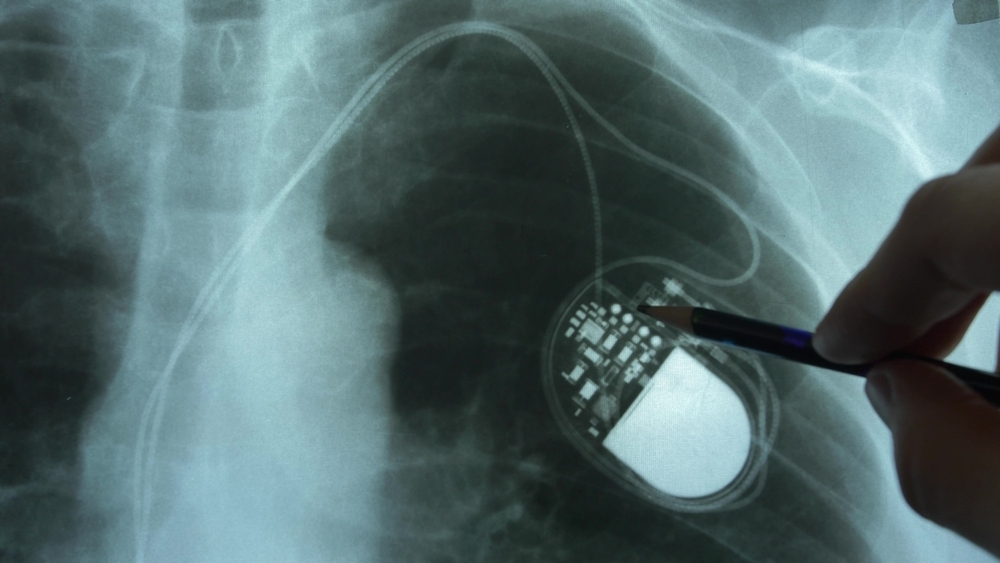 New OR Managers
New OR Managers
Hospitals double down on ambulatory care expansion with major investments

Editor's Note Health systems across the US are making major investments in ambulatory care, responding to increasing patient demand for lower-cost, community-based healthcare, Modern Healthcare February 4 reports. From debt financing to philanthropic campaigns, hospitals are leveraging diverse funding strategies and shifting capital investments to build and expand outpatient facilities.…
Navigating difficult conversations as a perioperative leader

Perioperative leaders navigate some of the most challenging dynamics in healthcare. The precision required in the OR coupled with multidisciplinary teams and diverse personalities often lead to missteps or misunderstandings that can quickly brew into conflict. Effective communication is essential, particularly when addressing behavior, managing team dynamics, or delivering difficult…
Welcome to the OR Business Management Conference

It is with great pleasure that we welcome you to the 2025 OR Business Management Conference, taking place from February 10 to 12 at the Saddlebrook Resort in Tampa, Florida. We hope you will make the most of this premier event, which is dedicated to equipping perioperative business leaders with…
Call for improved suicide risk screening in ASCs aims to strengthen safety protocols

Editor's Note According to medical experts, healthcare professionals in ambulatory surgery centers (ASCs) must be more vigilant in recognizing and managing suicidal ideation among patients, Pain Medicine News January 27 reports. With the increasing shift of surgical procedures from hospitals to ASCs, clinicians are more likely to encounter patients struggling…
New wrong-site surgery prevention toolkit seeing traction in ASCs

Editor's Note Ambulatory surgery centers (ASCs) are increasingly adopting a new wrong-site surgery prevention toolkit, introduced by the ASC Quality Collaboration (ASCQC) in late 2024, ASC Focus January 17 reports. Designed to improve patient safety, this complimentary resource is packed with materials tailored to address the unique challenges of preventing…
Students innovate to reduce OR plastic waste

Editor's Note A hospital in Canada could see OR PVC waste reduced by as much as half this year thanks to a perioperative waste reduction project innovated by three fourth-year BSN students from the College of the Rockies. East Kootenay News Online Weekly reported the news January 9. According to…
OR Business Management Conference 2025: Groundbreaking opportunity for ASC leaders

Editor's Note For the first time in over a decade, the OR Business Management Conference will feature a dedicated track tailored exclusively to ambulatory surgery center (ASC) leaders. This highly anticipated event, scheduled for February 10-12, 2025, at the Saddlebrook Resort in Tampa, Florida, is designed to address the unique…
Trends, benchmarks, strategic insights from 2024 ASC activity

Editor's Note This industry report from HST Pathways provides an in-depth analysis of key trends and operational benchmarks for ambulatory surgery centers (ASCs) in 2024, offering actionable insights for nurse leaders. Based on data from 590 ASCs and nearly 3 million patient visits, the report highlights both achievements and persistent…
Why active implants demand proactive management

What happens when a surgeon uses the monopolar instrument set on 30-W coagulation mode to create an upper midline incision in a patient with a pacemaker? Pacemaker function is interrupted, causing a heart block that results in hemodynamic instability—or at least, this is what could happen without taking the necessary…
OR Business Management Conference will offer new ASC content in 2025

Editor's Note We’ve raised the bar—for the first time in 13 years, the OR Business Management Conference will feature a dedicated lineup of content specifically for ambulatory surgery center (ASC) leaders. Join an intimate gathering of ASC administrators, directors, and C-suite executives to dig deeper into financial, operational, and strategic…

 Free Daily News
Free Daily News